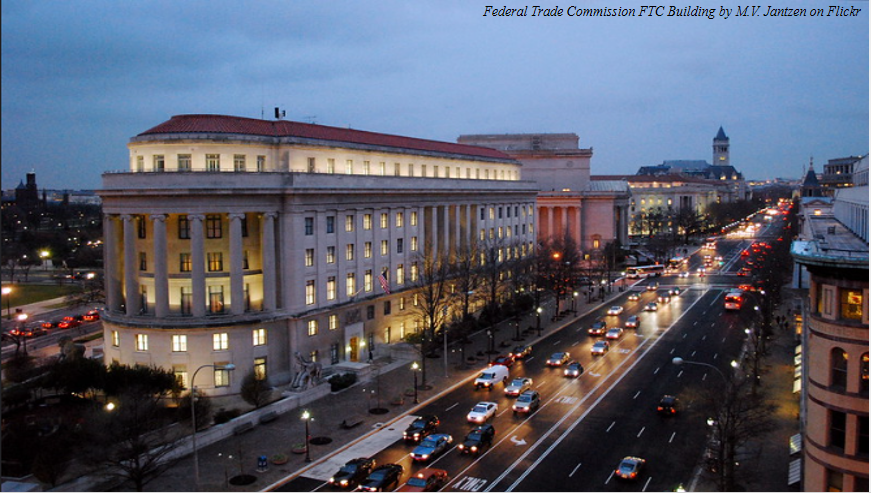The U.S. Federal Trade Commission (FTC) has launched legal action against Uber Technologies Inc. (NYSE: UBER), accusing the ride-hailing giant of misleading consumers through its Uber One subscription service. The complaint alleges that Uber engaged in deceptive billing practices and failed to provide an easy way for users to cancel recurring charges.
In a statement released by the FTC, the agency said Uber violated both the FTC Act and the Restore Online Shoppers’ Confidence Act by automatically enrolling users into paid plans and obstructing cancellation attempts. The subscription—priced at $9.99 per month or $96 annually—promises discounted rides and delivery perks but allegedly includes misleading savings claims of up to $25 per month.
“Americans are tired of getting signed up for unwanted subscriptions that seem impossible to cancel,” FTC Chair Andrew N. Ferguson said in a press release. “We’re alleging that Uber not only deceived consumers about their subscriptions, but also made it unreasonably difficult to cancel.”
Uber has denied the allegations. In a statement reported by PYMNTS.com, the company said all material disclosures are presented clearly within the app before payment and that users can cancel subscriptions “in 20 seconds or less.” Uber also emphasized that no customers are charged without their consent.
The Uber One service, launched in November 2021, is also available in international markets like Australia, where similar concerns about unclear pricing have been raised.
Following news of the FTC lawsuit, shares in Uber, which has a market capitalization of roughly $153 billion, fell 3% to $72.92.
Key Takeaways:
- The FTC claims Uber enrolled users into its Uber One subscription without proper consent and made cancellation overly difficult.
- The service, launched in 2021, charges $9.99 monthly or $96 annually for benefits on rides and food delivery.
- Uber denies the allegations, asserting that its cancellation process is quick and transparent.
- The lawsuit raises broader concerns about subscription-based business models and consumer protection.
For official FTC information and filings, visit: www.ftc.gov



